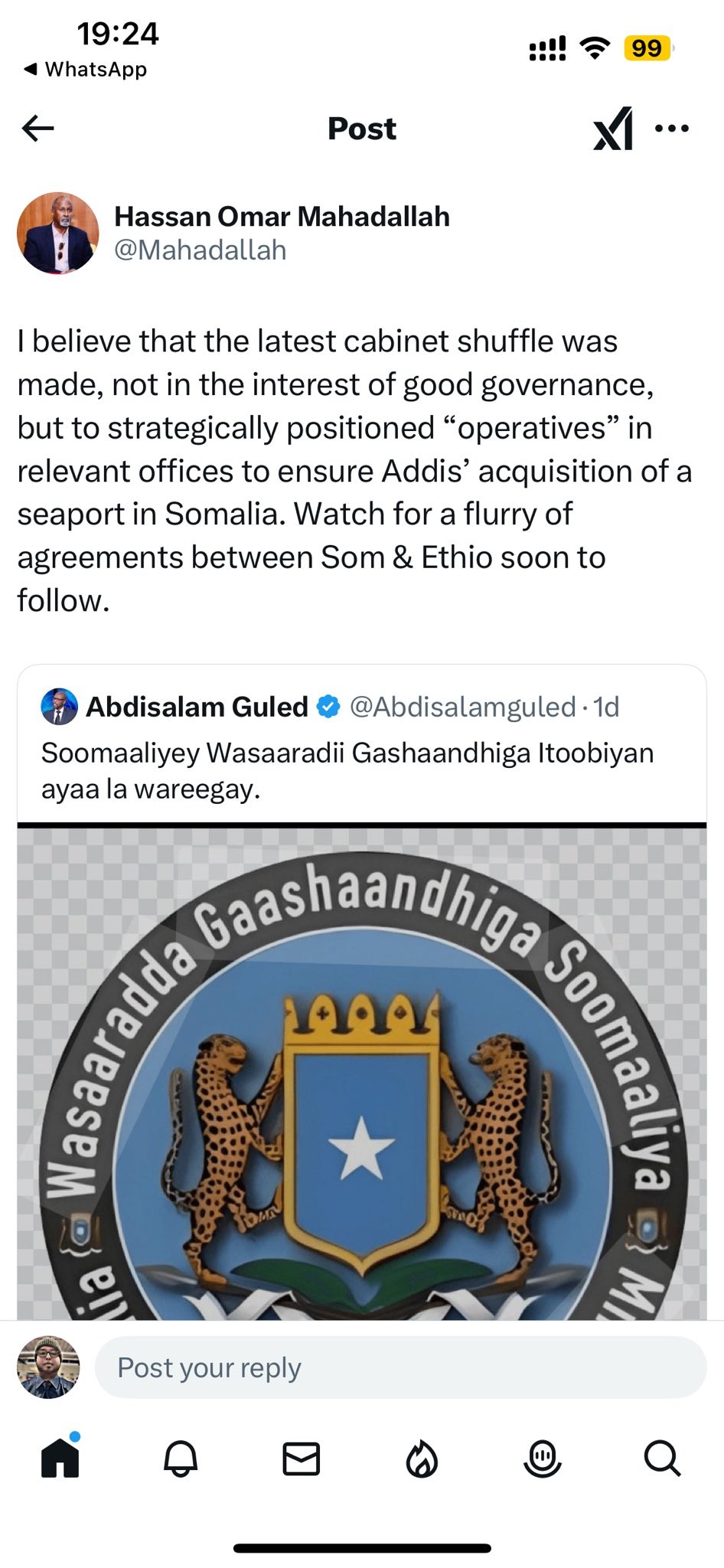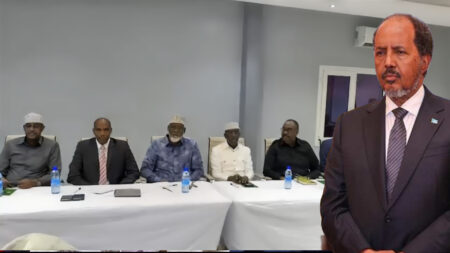The Business of Manufactured Narratives: How Online Analysts Profit from Criticizing Somalia
In today’s digital era, the internet has become a marketplace where narratives are crafted, sold, and reshaped to fit personal agendas. A peculiar class of self-styled analysts has emerged—individuals who continuously produce misleading articles and commentary about the country despite being far removed from Somalia and lacking firsthand experience of its evolving realities. Their goal? To establish themselves as authorities, secure consulting contracts, and expand their influence.
Among the most notable are Rashid Abdi (@Rabdianalyst) and Afyare A. Elmi (@afyre A Elmi), who have turned political commentary into a career, peddling narratives that serve their ambitions. These figures often pose as neutral experts, but their writings reveal a pattern: sensationalism over substance, conflict over constructive analysis, and personal advancement over national interest.
The Playbook of the Digital Analyst-for-Hire
These so-called experts follow a predictable strategy:
- Monetizing Controversy – Instead of providing balanced insights, they amplify instability and create misleading terms that gain traction among international audiences unfamiliar with Somalia’s reality. As indispensable analysts, they aim to generate clicks, increase engagement, and build a brand.

The Business of Manufactured Narratives: How Online Analysts Profit from Criticizing Somalia - Credentialism Without Ground Reality – They present themselves as subject-matter experts, yet most have not set foot in Somalia for years—if ever. They use secondhand sources, social media chatter, and cherry-picked data to craft persuasive but flawed narratives.
- Labeling and Demonization – One of their key tactics is to assign labels to individuals and groups that contradict their narratives. Anyone who challenges their views is quickly dismissed as a government propagandist, a corrupt insider, or an enemy of free speech.
- Securing Consulting Gigs – The ultimate goal is often financial. These individuals are indispensable voices for NGOs, international organizations, and media outlets looking for ‘experts’ to confirm preconceived notions about Somalia.
The Damage of False Narratives
While these bloggers and Twitter analysts may see themselves as intellectual entrepreneurs, their actions have real-world consequences. By constantly portraying Somalia as a failing state with no hope, they discourage investment, embolden insurgent groups, and provide ammunition for those who wish to keep the country destabilized.
Furthermore, their unchecked narratives can influence foreign policymakers, resulting in misguided international interventions that often exacerbate problems rather than solve them.
Who Benefits from the Chaos?
The biggest question is: Who really benefits? Certainly not the Somali people. Instead, these self-appointed commentators gain credibility, recognition, and consulting contracts, all while Somalia struggles to counteract the misinformation they spread.
As we move forward, Somalis must challenge these narratives, demand accountability, and support homegrown expertise. Those who genuinely care about Somalia’s future must push back against digital opportunists and reclaim the narrative from those who exploit it for their gain.
The era of the ‘Clickfarer’ analyst must end. The Somali people deserve voices that inform, not mislead, unite, divide, and prioritize truth over personal profit.






